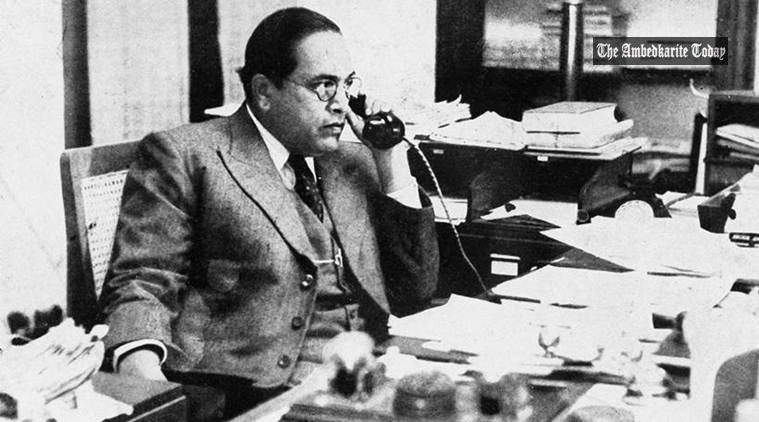Bharat Ratna Dr. Bhimrao Ambedkar is known as the Father of the Indian Constitution because of his pivotal role in the document’s drafting as well as its ratification.
The Constitution Of India is the supreme law of India. The document lays down the framework demarcating fundamental political code, structure, procedures, powers, and duties of government institutions and sets out fundamental rights, directive principles, and the duties of citizens. It is the longest-written constitution of any country on earth. B. R. Ambedkar, chairman of the drafting committee, is widely considered to be its chief architect.
Indian constitution guarantees and protections for a wide range of civil liberties for individual citizens, including freedom of religion, the abolition of untouchability, and the outlawing of all forms of discrimination. Ambedkar argued for extensive economic and social rights for women, and won the Assembly’s support for introducing a system of reservations of jobs in the civil services, schools and colleges for members of scheduled castes and scheduled tribes and Other Backward Class, a system akin to affirmative action. India’s lawmakers hoped to eradicate the socio-economic inequalities and lack of opportunities for India’s depressed classes through these measures. The Constitution was adopted on 26 November 1949 by the Constituent Assembly.
Bhimrao Ramji Ambedkar (14 April 1891 – 6 December 1956) was an Indian jurist, economist, social reformer and political leader who headed the committee drafting the Constitution of India from the Constituent Assembly debates, served as Law and Justice minister in the first cabinet of Jawaharlal Nehru, and inspired the Dalit Buddhist movement after renouncing Hinduism.
dr. Bhimrao Ambedkar graduated from Elphinstone College, University of Bombay, and studied economics at Columbia University and the London School of Economics, receiving doctorates in 1927 and 1923 respectively and was among a handful of Indian students to have done so at either institution in the 1920s. He also trained in the law at Gray’s Inn, London. In his early career, he was an economist, professor, and lawyer. His later life was marked by his political activities; he became involved in campaigning and negotiations for India’s independence, publishing journals, advocating political rights and social freedom for Dalits, and contributing significantly to the establishment of the state of India. In 1956, he converted to Buddhism, initiating mass conversions of Dalits.
In 1990, the Bharat Ratna, India’s highest civilian award, was posthumously conferred on Ambedkar. The salutation Jai Bhim used by followers honors him. He is also referred to by the honorific Babasaheb

